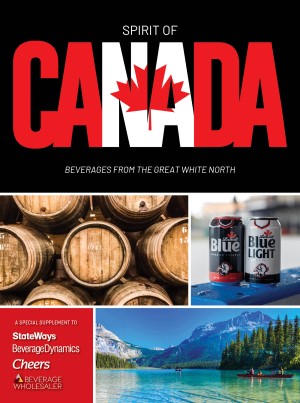Do your servers lack confidence in their wine knowledge? If so, they may be reluctant to even ask guests if they’d like a wine with dinner, for fear that customers will have questions they can’t answer. After all, wine is complex, and no one wants to look foolish—it’s easier just to take the order without bringing up wine at all.
If this is going on in your operation, you’re leaving money on the table. In addition to losing potential wine sales, you’re also missing out on an opportunity to have servers engage with guests and enhance their experience at your restaurant. That’s why training staff is so important.
Many restaurants can’t afford to hire highly trained sommeliers with lots of letters after their names to supervise their wine programs. But most operators can better educate their servers so that they’re more confident and can provide helpful guidance to customers, which will in turn boost your wine sales. Here are a few tips on how.
1. Hold regular wine tastings for your staff.
This increases their wine knowledge while also allowing them get familiar with the wines on your list. Encourage your team to articulate what they taste and take notes during these sessions so they can remember what they discover.
2. Enlist the help of suppliers.
Who’s going to conduct your tastings? Many distributors want to solidify their relationship with their customers, and conducting a tasting is just one more way for them to promote their wines. Winery associations and importers have similar incentives, and most will have educational materials readily available to give out to interested parties.
3. Encourage staff to read about wine—especially tasting notes.
With the vast ocean of information about wine in books and online, you can establish a reading list of reliable sources and make conversation about wine a part of your culture. Karen McNeil’s Wine Bible is a great place to start.
All of the wines you sell have tasting notes written by the wineries or by independent reviewers. Make these available so your staff can hone their tasting skills and learn to discuss wine articulately.
4. Conduct food- and wine-pairing discussions.
“What do you recommend with this dish?” is likely to be one of the most common questions asked of your servers. Wine and food pairing can be extremely complex—especially with the range of dishes on menus today.
So instead of coming up with exact pairings, teach staff some basic guidelines and especially cover best and worst combinations. You want them to be able to steer people away from disasters without being a slave to the rules.
For some basic wine-pairing guidelines, make sure the wine is sweeter than the dish. Sweet foods make dry wines taste tart, and flat and dry wines will do nothing to enhance sweet sauces.
Also, you want to match the weight of the dish with the body of the wine. Light salads require light-bodied wines such as sauvignon blanc or pinot grigio. Heavy meat dishes, especially if they have lots of fat, go well with big, tannic reds such as cabernet sauvignon.
Lighter meat dishes such as chicken work with medium-bodied wines such as pinot noir or California chardonnay. Encourage customers to drink what they like, but gently steer them away from abominations such as ice cream and chardonnay or syrah and dishes with sweet-and-sour sauce. Oh, and Champagne loves salt—nothing better than chips and Champagne.
5. Hold regular meetings to discuss menu changes.
Make sure your staff is familiar with new wines added to your list, along with their flavor characteristics and suggested food pairings, so they can be seamlessly integrated into your wine service.
6. Reinforce and reward.
Don’t expect people to remember something they’ve been told once—repeat the information and quiz your staff regularly. Give prizes, such as a bottle of wine, to staff members who perform well.
7. Encourage certification.
Gaining a sommelier certification from wine education organizations can be time consuming and expensive; most servers will probably not want to bother. But if you implement the suggestions above, some members of your team may catch the wine bug. And if they do, your wine program will surely benefit from that expertise.
Dwight Furrow is a college professor and wine educator at The Sommelier Company who writes on the aesthetics of food and wine at Edible Arts.







